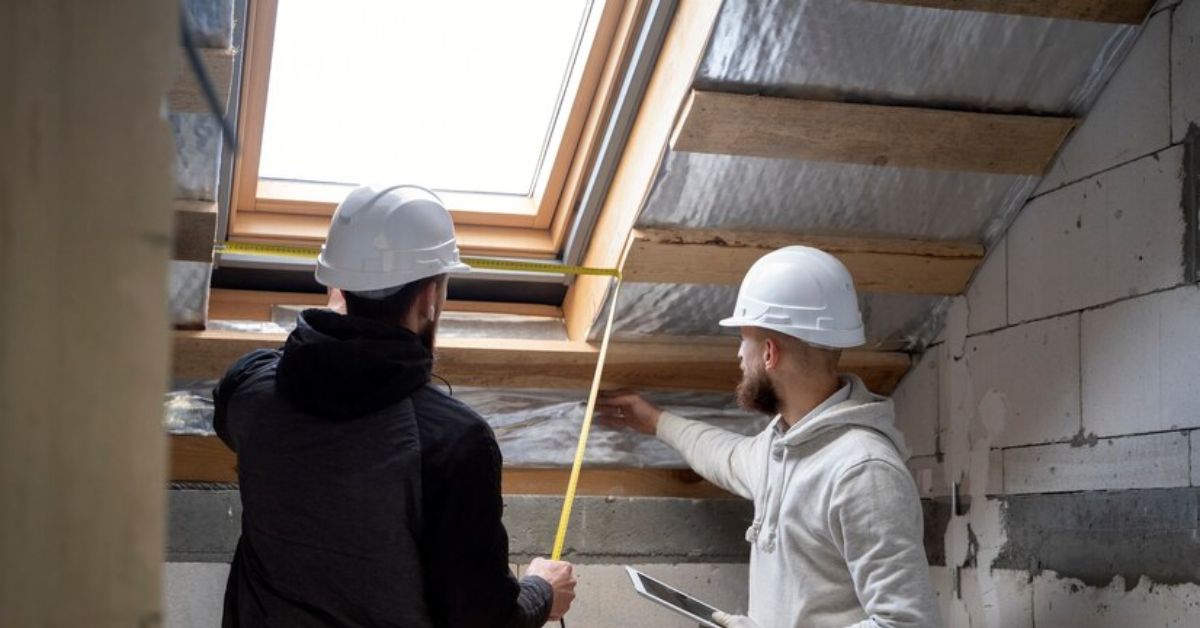When installing siding, contractors must choose materials that will provide long-term durability, aesthetic appeal, and functionality. The right siding material can significantly affect the performance of a home’s exterior, affecting everything from insulation to maintenance needs. We will explore why siding contractors prefer certain materials and the factors influencing their decisions. By understanding the characteristics of different siding options, homeowners can make informed choices that align with their needs for durability and long-lasting results.
Durability and Weather Resistance
Siding contractors often prioritize materials that can withstand weather conditions for prolonged periods. Materials like vinyl, fiber cement, and metal siding are favored due to their resilience to harsh environmental factors. Vinyl siding, for instance, is known for its ability to endure extreme temperatures, moisture, and wind without showing signs of wear and tear. It resists warping, cracking, and fading, making it an ideal choice for regions with fluctuating weather patterns. Fiber cement, on the other hand, offers superior protection against rot, termites, and fire, making it a strong contender in areas prone to wildfires or moisture issues. Meanwhile, metal siding, often made from aluminum or steel, is resistant to rust and corrosion, ensuring that homes are well-protected for many years. Contractors choose these materials because they offer reliable protection and minimize the need for frequent repairs or replacements, ultimately providing homeowners with peace of mind.
Energy Efficiency and Insulation
Energy efficiency is an important consideration when selecting siding materials, as it directly impacts the comfort of the home and utility costs. Siding contractors often prefer materials with good insulating properties to help maintain consistent indoor temperatures year-round. Insulated vinyl siding is one example, as it includes a foam backing that enhances its thermal resistance. This type of siding reduces heat transfer, which means homes stay cooler in the summer and warmer in the winter, improving overall energy efficiency. Additionally, fiber cement siding can be combined with insulating materials, creating a barrier that helps minimize energy loss. In colder climates, this is particularly beneficial for reducing heating costs. Even metal siding can offer improved energy efficiency when paired with proper insulation. By selecting materials with strong insulating qualities, siding contractors contribute to energy conservation and long-term savings for homeowners.
Maintenance and Longevity
Siding materials that require minimal maintenance are a priority for contractors, as they reduce the time and costs associated with upkeep. Vinyl siding is one of the most low-maintenance options, requiring little more than occasional cleaning to maintain its appearance. It doesn’t need to be painted or treated regularly and won’t rot or warp over time. Fiber cement siding, though slightly higher maintenance than vinyl, still offers significant longevity and is resistant to peeling, cracking, and fading. Its sturdy nature ensures that it can handle the wear and tear of daily life without requiring frequent repairs.
On the other hand, wood siding, while popular for its aesthetic value, often demands more attention. Wood requires regular painting or staining to prevent moisture damage and pests. Siding contractors prefer materials like vinyl, fiber cement, and metal because they are durable and can withstand years of exposure without significant wear, making them more cost-effective in the long run.
Aesthetic Appeal and Customization
Aesthetics play a significant role in selecting siding material, as homeowners often want their exterior to reflect their style and enhance curb appeal. Siding experts in Battle Ground often recommend materials that offer various colors, textures, and designs to suit various tastes. Vinyl siding, for instance, comes in various colors and finishes, allowing homeowners to choose options that match their vision for the home. Fiber cement siding is equally versatile and available in several textures and styles that mimic the appearance of wood, stone, or stucco. This gives homeowners the flexibility to achieve the desired look without compromising durability. Metal siding, while more modern in appearance, is also customizable, offering sleek, contemporary designs in different finishes. Contractors appreciate these materials because they allow for a high degree of personalization, enabling homeowners to select the perfect look for their home while ensuring the material will endure over time.
Cost-Effectiveness and Value
The cost of siding materials is a key factor in the decision-making process for contractors, as they often work within budget constraints. While more expensive options like fiber cement and metal siding offer excellent durability and long-term value, vinyl siding remains popular due to its affordability and low installation costs. Despite its lower initial price, vinyl siding still provides impressive durability and energy efficiency, making it a cost-effective option for homeowners. Fiber cement siding, though slightly more expensive, is considered an investment due to its ability to resist damage from termites, rot, and fire. Contractors often recommend it in areas prone to these issues, knowing it will provide long-term savings. While more costly upfront, metal siding can offer significant returns on investment, especially in regions with extreme weather conditions. Siding contractors weigh the upfront costs against the long-term benefits when recommending materials, ensuring that homeowners receive good value for their investment.
In choosing siding materials, contractors consider a wide range of factors that influence the overall outcome of the installation. Durability, energy efficiency, maintenance, aesthetic appeal, cost-effectiveness, and sustainability play a role in decision-making. By selecting materials that meet these criteria, contractors can ensure homeowners enjoy a long-lasting, attractive, and functional exterior for years. Whether opting for vinyl, fiber cement, or metal, siding contractors choose materials that provide reliability and value, addressing the home’s immediate and long-term needs. Homeowners who understand these factors can make informed decisions, knowing they are selecting materials that will stand the test of time.











